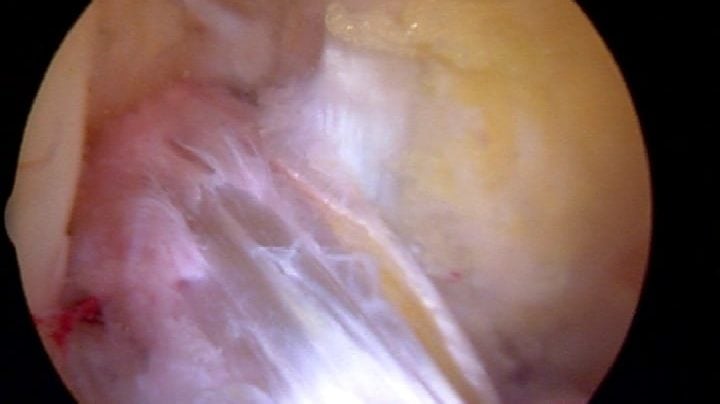
Having ACL surgery is a big commitment. It is a painful procedure with a long-anticipated recovery. As your surgeons, we know all of you have one goal in mind, returning to sports after your ACL reconstruction. The research around the return to sports after knee surgery has been studied aggressively for decades. We have great statistics and great rehabilitation programs to guide you. Many of you will try and rush your return to sports too soon. If you attempt to return to sports too soon after ACL surgery then you run the risk of tearing or re-injuring your new ACL.
Below are 5 expert Sports Medicine opinions about when an athlete can expect to return to sports after having an ACL ligament reconstruction on their knee.
A successful return to sports after ACL surgery is your number one goal. There are many variables that go into determining when you should try to return to sports after ACL surgery. The risks of returning to the playing field too early after ACL surgery include suffering a re-tear of your new ACL. A successful return to sports after ACL surgery requires a team approach. It involves you, your surgeon, your athletic trainer and your physical therapist. We have very strict criteria for when an athlete can return to sports after ACL surgery. If you attempt to return to sports too soon you have a significant risk of tearing your new ACL.
Related reading …
- Physical Therapy and ACL Injuries
- Can I return to sports after ACL surgery?
- Risks of reinjury after ACL surgery
The statistics can be alarming. You might have a 45% risk of tearing your new ACL if you have not rehabilitated your knee properly. You can drive that risk down to 18-20% with the proper training. Unfortunately, once you tear your ACL you are always at risk of tearing the new ACL.
The first goal of your physical therapy after ACL surgery early on is to get back your motion and strength. The later stages of the recovery process involve improving your balance, agility, jumping and landing skills. Doing so will decrease the risk of re-injuring your knee and re-tearing your ACL. Your recovery from an ACL reconstruction involves not only the physical aspects of your recovery but perhaps equally as important, the emotional and psychological components. We will get into this in more detail in a later series with many experts who specialize in rehabilitation of ACL injuries.

What criteria do our experts use to determine when you might be able to return to sports after an ACL reconstruction? Once again we have asked our panel of ACL experts to offer their insights.
How Do You Manage Your Athletes After ACL Surgery … and
When Do You Let Your Athletes Return To Sports After ACL Surgery?
S.S: My ACL surgery post-op protocol involves brief ( about 7 days ) immobilization of the knee in full extension and full weight bearing as tolerated. In some animal studies done at HSS, a short period of post-op immobilization leads to better quality ACL graft biologic tendon to bone attachment. In addition, this has helped me encourage patients to achieve early post-op full extension of the knee, which is very important. After about 7 days, I remove the brace and start physical therapy to reduce swelling, get full range of motion and start isometric strengthening progressing to closed chain lower extremity strengthening. I modify this program for patients with a meniscus repair or a multi-ligament reconstruction. I will allow patients to start a running program at 3 months if they can pass a series of four, simple to administer, functional tests. These tests were developed by a joint group of orthopedic surgeons and physical therapists and were published in a special issue of the journal Sports Health. During this time they continue to work on strength and neuromuscular control.
D.G : I work very aggressively to have the patient regain full knee extension in the first few days or at least a week or two after surgery. I also have them work with the physical therapist to regain quadriceps strength as quickly as possible. I tend to allow full weight-bearing unless I perform a repair of a bucket-handle meniscus tear. Otherwise, I use a fairly standard protocol, usually restricting jogging for 10 to 12 weeks after surgery and progressing to sport-specific activities in the coming weeks.
D.O : Initially, start physical therapy within a week. Unless I need to perform a microfracture, I typically do not use a continuous passive motion machine (CPM). Icing after surgery is a great pain reliever. The compression ice machines work great, but typically they are not covered by insurance. A frozen bag of peas can work pretty well in its place.
As you can see, determining when to return athletes to sports is a challenging issue. We want to limit your risk of re-injury as much as you do. Routine bracing after ACL surgery is not proven to be necessary. We also differ slightly when it comes to rehabilitation immediately following an ACL reconstruction. It turns out, as Dr Slattery pointed out, that waiting a while before starting PT might be of benefit by allowing your new ligament to start to heal. Stressing full extension as Dr Geier pointed out is critical.
Bottom line.. do not rush your return to sports. Get that leg and your mechanics and stability as close to normal as possible. It will be time well spent.
Our Experts:
D.G.: Dr David Geier : Twitter: @DrDavidGeier ; Website
J. B.: Dr Jeff Berg: Twitter: @DrJeffBerg ; Website
D.O.: Dr Derek Ochiai: Twitter: @DrDerekOchiai ; Website
S.S: Dr Scott Slattery: Twitter: @sportscaduceus ; Website:



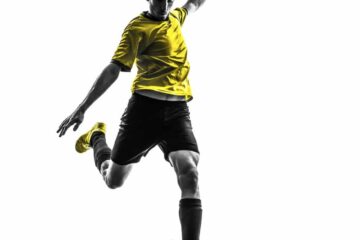
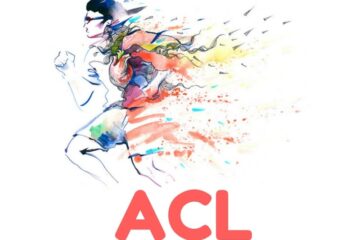
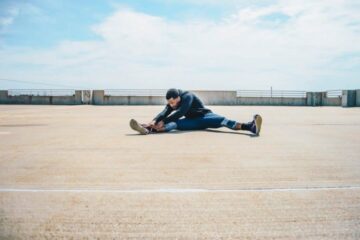





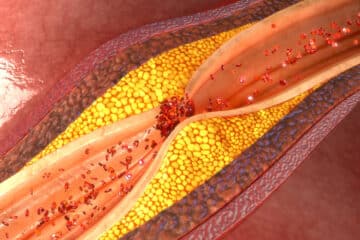
Hello,
First of all, great article. I am 50 and a 3rd degree black belt. In January I tore my ACL and lateral miniscus. I had surgery the first of April with a cadaver replacement ACL, repaired meniscus, and some general joint cleaning. The surgeon is a sports orthopedic surgeon. Therapy is going great. PT said I’m actually ahead of schedule. What do you think my chances are of being able to continue to train as I once did?
Thank you
There’s a good chance that you will be able to return
Hi, I am 16 and I tore my acl and meniscus about a year ago in a soccer game, but I had my surgery about 10 months ago. I have missed most of club soccer and high school soccer. A few weeks ago I was on track to get back into contact, and I was so excited, it was feeling really good at practice and I was starting to feel normal again. But about four weeks ago I was doing a drill in soccer practice and I planted my leg and heard another pop. This was so scary for me, I didn’t know if I had re torn my acl. It didn’t hurt nearly as bad as the first time and I could walk right away after. We got another MRI and all the ligaments looked good. Since that incident it has happened four more times were I feel a pop in my knee followed by pain. This feels like it could be a huge setback and I don’t really know what is going on. My doctor is planning on doing a scope surgery in about a week, to try to clear out meniscus and scar tissue. Have you ever seen this happen to another athlete/can you explain to me what is going on. Thanks.
HI Olivia…
I’m sorry to hear this. All I can say is that our exam will usually tell us if the ligament is working well. Sometimes people form scar tissue in the front that we call a cyclops lesion. That should be obvious on the MRI. Sometimes it looks intact on an MRI but our exam shows it may be loose. Unfortunately, without examining you I cannot tell you for sure what’s going on. I would strongly consider a second opinion before another arthroscopy. The diagnosis should be clear before surgery.
Hello, my daughter torn her ACL playing high school soccer and she had a ACL reconstruction surgery at the beginning of November using her hamstring. She is a multi sport athlete ( soccer and softball ) Her most favorite sport is softball. She is now almost 6 months in her recovery and she is doing well. Still sees her PT every other week to monitor her progress. What do you usually clear a softball player to start doing again after 6 months
and when do you think she will be able to return to play in softball games again ?
We are actually getting longer and longer in terms of when we clear athletes to return to sports. 6 months is far too soon by most research standards. For kids under 18 many of us wait a minimum of a year, or more. There are strict return to sports guidelines and tests that a solid physio can perform on her. The risk of re-rupture is simply far too high if she returns too soon. The risk can be as high as 50%. Sadly the risk never goes below 16-18% even in the best of circumstances.
Hi doctor ,
Its almost 4 month of acl surgery and i have start jogging but during jogging sometime there is little pain where the knot is used to hold the acl …is it usual or is there any problem ….and i am thinking of start light soccer playing …is it will be ok doctor ?
It’s definitely not time to start playing soccer. Read up more about the Melbourne ACL Rehab or the MOON group ACL protocol.
Your chance of re-injuring your ACL is too high if you go back to sports now